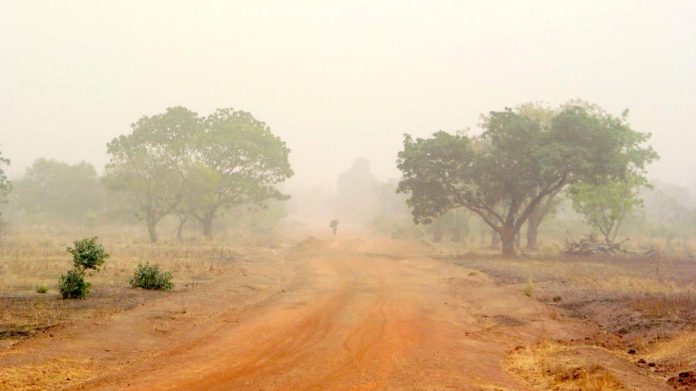Jacinta Chisom
The harmattan season, spanning from late November to mid-March, brings Nigerians both relief from heat and health challenges due to its cool, dry winds from the northeast or east in the western Sahara.
As the cool, dust-laden winds can worsen respiratory issues, especially for those with conditions like asthma or allergies, wearing masks outdoors and using indoor air purifiers is advised.
Dehydration is a concern due to the dry air, so increasing fluid intake with water, herbal teas, and hydrating foods is crucial to prevent health issues.
Low humidity levels can lead to skin dryness and irritation; regular moisturizing and using sunscreen are recommended.
Protect your eyes from dust with sunglasses, and consider eye drops for relief. Dressing in long sleeves and pants provides an additional barrier against dust.
Indoor environments can be affected; using humidifiers helps maintain humidity levels, reducing respiratory issues and skin dryness.
A well-balanced diet, rich in vitamins and antioxidants from fruits and vegetables, supports immune health.
For those with pre-existing health conditions, regular check-ups during harmattan ensure early detection and management of any health concerns.
Stay informed about air quality levels, limit outdoor activities on high-dust days, and monitor local air quality reports for informed decisions.
By following these precautions, Nigerians can navigate the harmattan season with strength and minimize health risks. Stay informed, stay hydrated, and prioritize well-being for a safe and healthy harmattan experience.




